For some U.S. adults, many of the terrors connected to Halloween are pure fiction. Others, however, are wary of ghosts, vampires, and visits from dead loved ones.
Studies from YouGov and Pew Research found an openness among many Americans to the existence of supernatural beings and events.
Supernatural beings
More than 1 in 3 say they believe psychics (37%), demons (37%), and ghosts (36%) exist, according to YouGov. While a plurality of Americans reject the existence of each, none have a majority who deny them.
U.S. adults are less likely to embrace real-life werewolves (7%) or vampires (7%). More than 4 in 5 (83%) say neither of those actually exists.
Some groups are more likely to accept the existence of the supernatural beings in question. Women are more likely than men to believe in physics (46% vs. 28%), ghosts (44% vs. 28%), and demons (41% vs. 32%). Meanwhile, men are more likely to say werewolves (8% vs. 5%) and vampires (11% vs. 4%) exist.
Your tax-deductible gift helps our journalists report the truth and hold Christian leaders and organizations accountable. Give a gift of $30 or more to The Roys Report this month, and you will receive a copy of “Hurt and Healed by the Church” by Ryan George. To donate, click here.
The more household income, the less likely someone is to believe in each supernatural being asked about, except for vampires. Those with $100,000 or more in household income are the most likely to say vampires exist (11%).
Those in the South are the most likely to believe in ghosts (41%) and demons (42%). And those in the Northeast are the most likely to say psychics (42%) and vampires (11%) exist.
Hispanic Americans tend to be more likely to accept the existence of ghosts (48%), demons (45%), and psychics (45%).
Americans 65 and older were consistently the most skeptical of every type of supernatural being, except for psychics. They (41%), along with those 45-64 (43%), are most likely to say psychics are real.
Visits from the dead
Most American adults (53%) say at some point in their lives they have felt a family member who is dead visited them in a dream (46%) or some other form (31%), according to Pew Research.
Specifically in the past 12 months, 34% have felt the presence of a dead family member, 28% have told dead family members about events in their life, and 15% had dead family members communicate with them.
In general, women are more likely than men to claim such experiences. Additionally, Hispanic and Black Americans are more likely than white Americans to claim the same.
Around 2 in 3 historically Black Protestants (67%) and Catholics (66%) say they’ve felt a family member who is dead come to visit them in some way. Most mainline Protestants (58%) and those who have no religion in particular (58%) also say they’ve had such experiences. Fewer evangelicals (42%), agnostics (34%), or atheists (26%) make such claims.
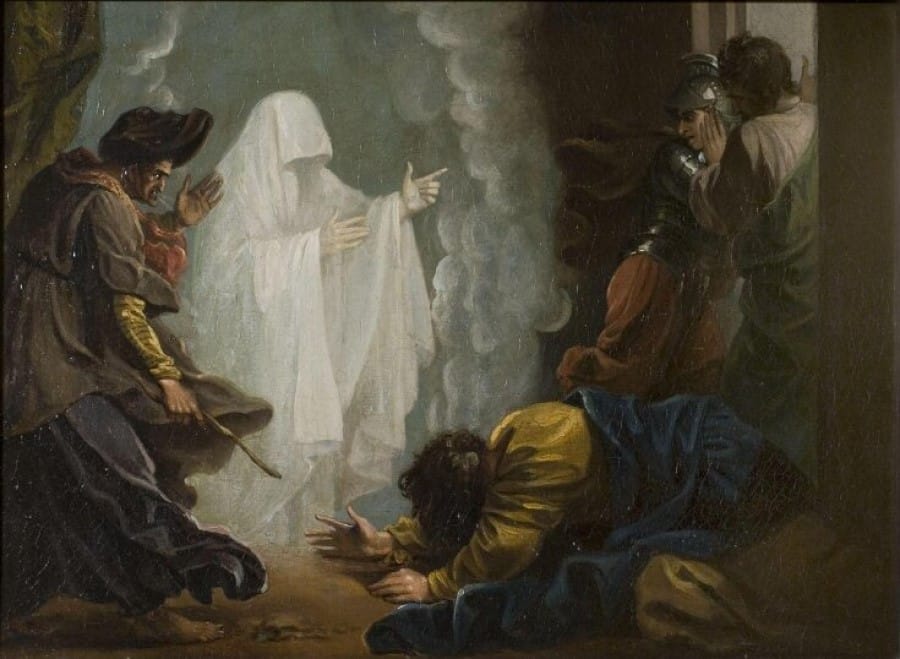
Despite being smaller than any other religious group, it is worth noting that 1 in 4 atheists say they have had contact with someone beyond this physical existence.
Similar patterns emerge when asking about recent contact with a deceased relative. Catholics (58%), historically Black Protestants (56%), mainline Protestants (52%), and those who are nothing in particular (48%) are more likely than evangelicals (35%), agnostics (25%), and atheists (15%) to say they’ve had some form of communication or contact with a dead loved one in the past 12 months.
Religious commitment also plays a role in the likelihood someone claims to have experiences with the dead, but not in a straight line. Those with medium levels of commitment are more likely than those with higher or lower levels to say they’ve made such contact.
“People who are moderately religious seem to be more likely than other Americans to have these experiences,” the Pew Research report says. “This is partly because some of the most traditionally religious groups—such as evangelical Protestants—as well as some of the least religious parts of the population—such as atheists and agnostics—are less likely to report having interactions with deceased family members.”
This article was originally published on LifewayResearch.com.
Aaron Earls is the senior writer at Lifeway Research.




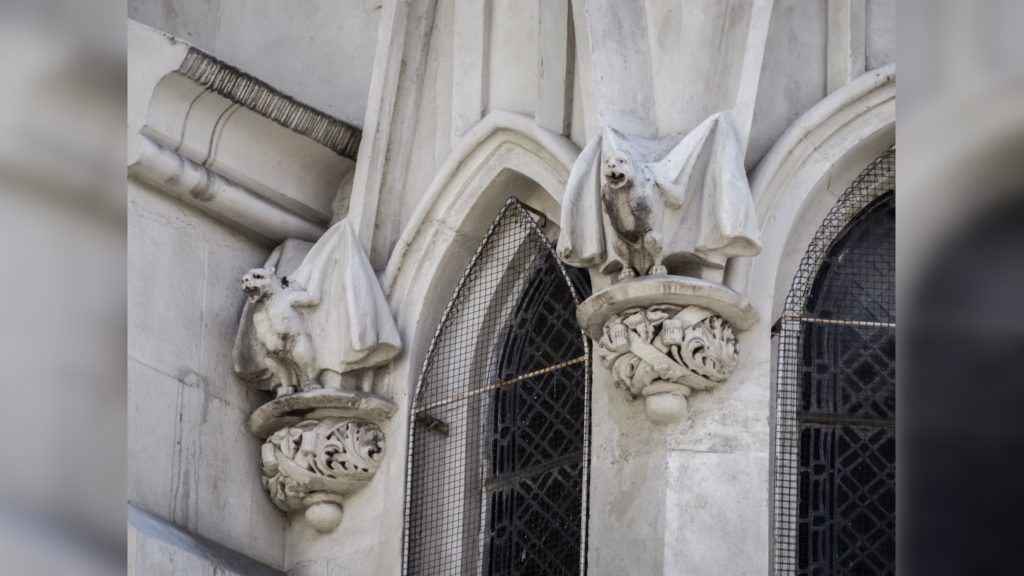
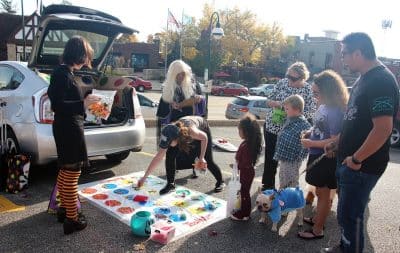
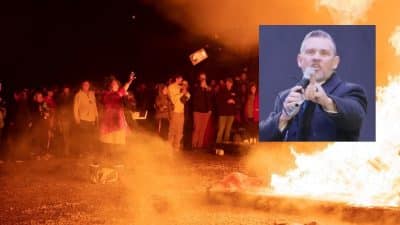
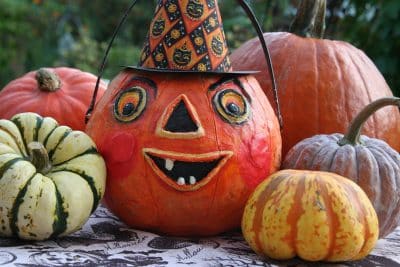


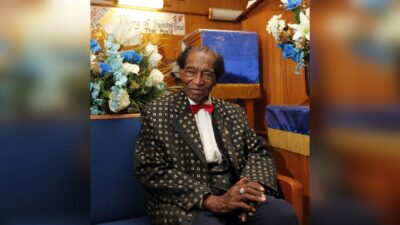
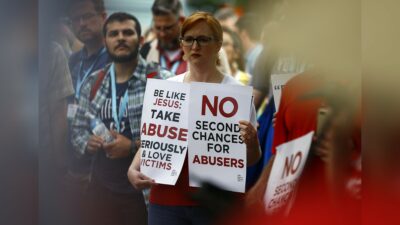
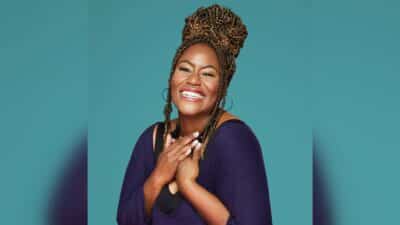
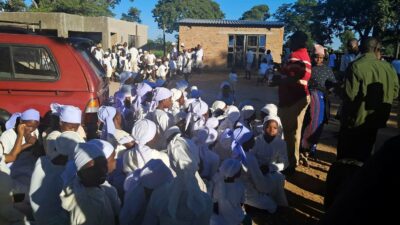






One Response
Matthew 8:16 KJV — When the even was come, they brought unto him many that were possessed with devils: and he cast out the spirits with his word, and healed all that were sick:
Jesus believed in the reality of demons.